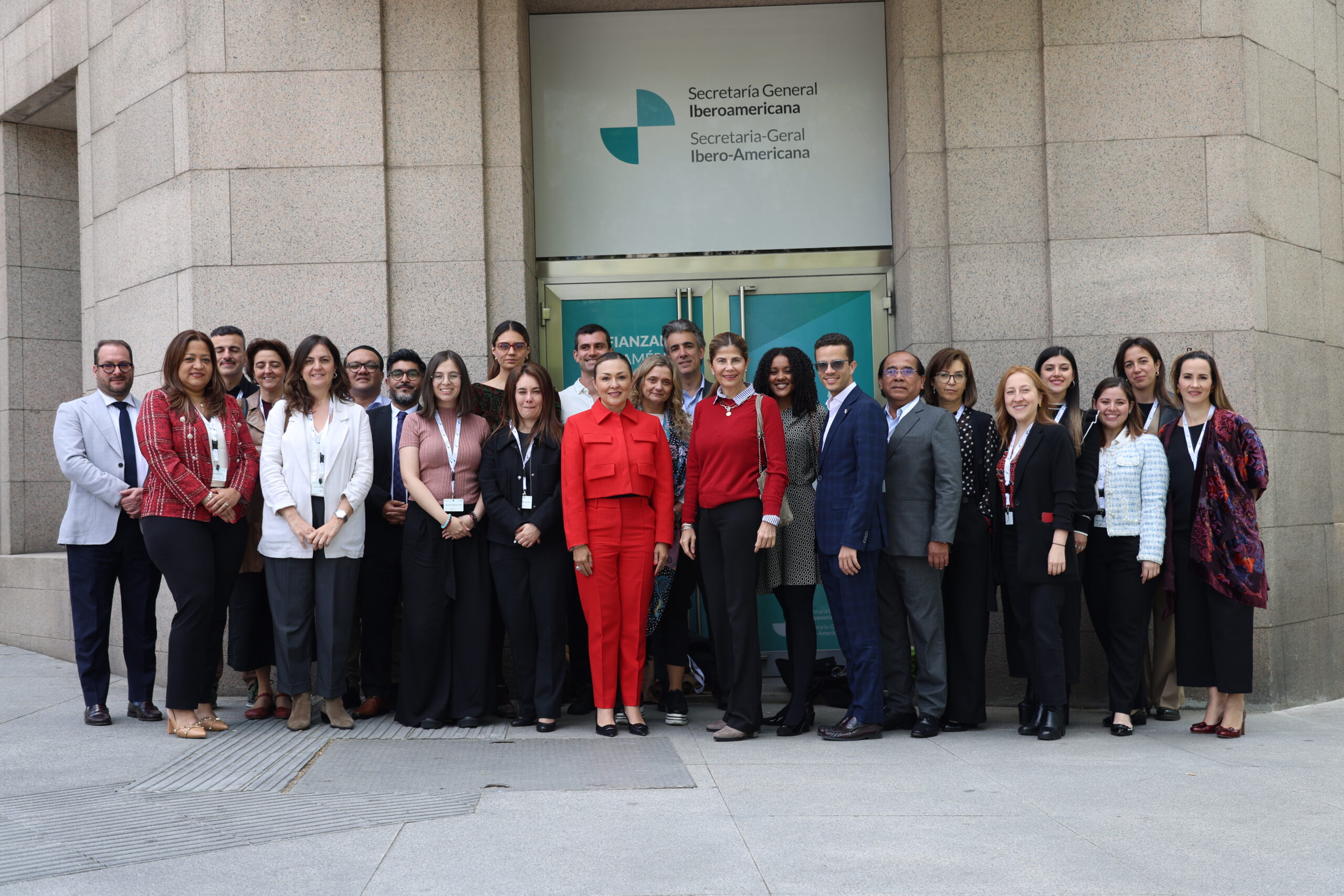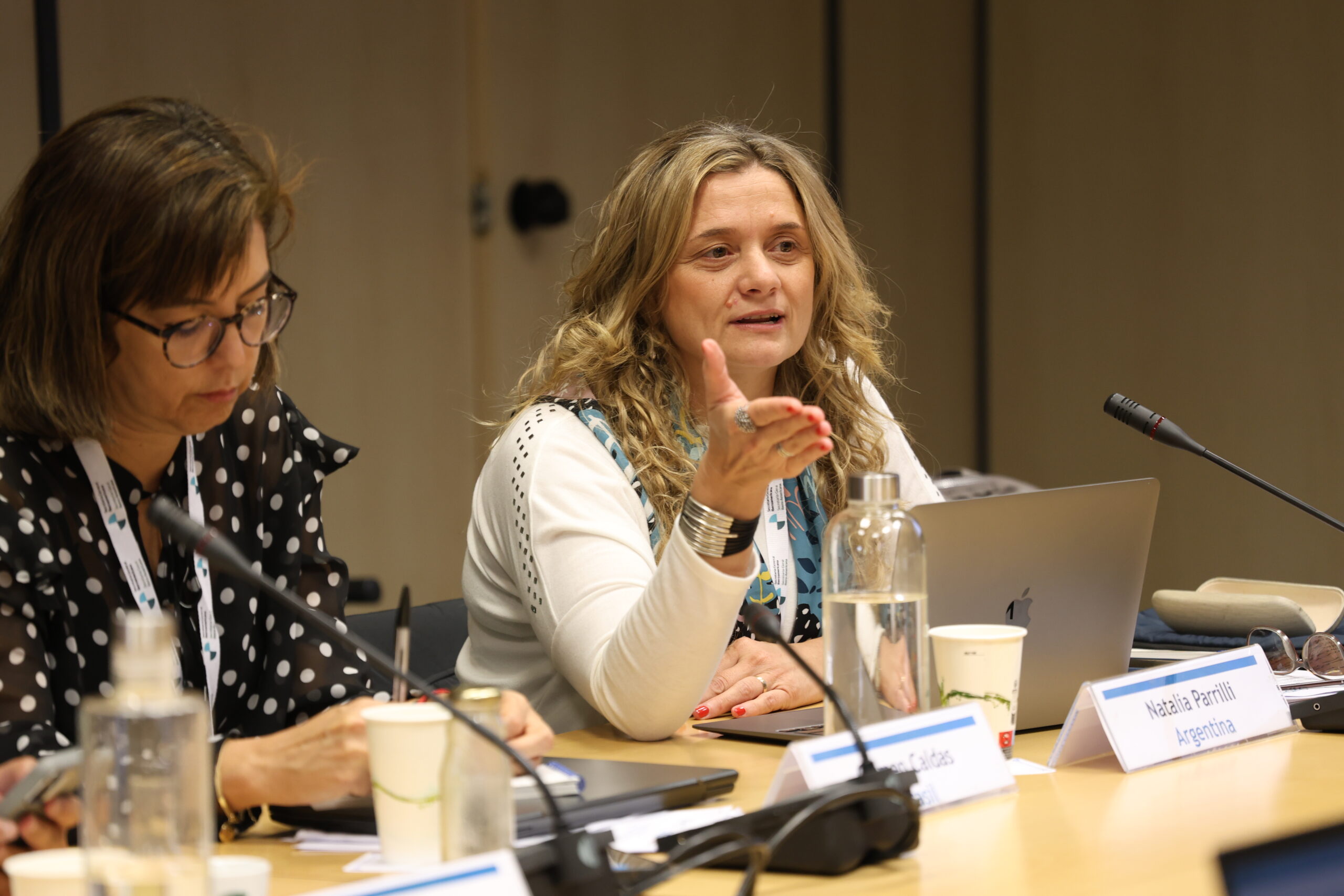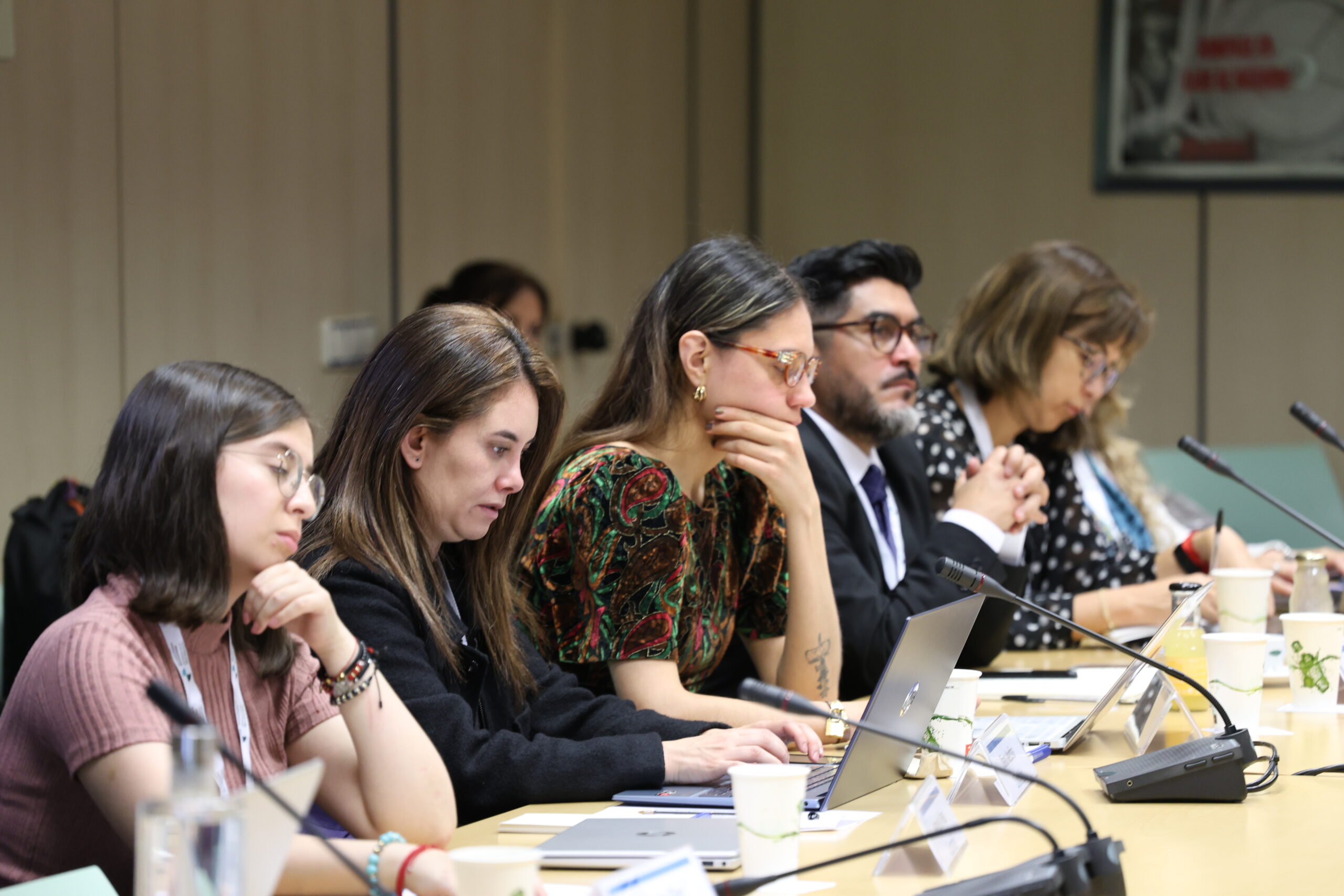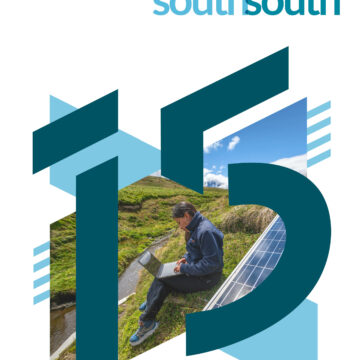SEGIB organizes the workshop “Ibero-America and the challenges of measuring SSC”
In recent years, Ibero-America has consolidated as a benchmark in the measurement of this cooperation modality.

On May 20th and 21st, SEGIB, together with 13 Ibero-American countries and PIFCSS, debated on the measurement of South-South Cooperation and on how to promote a better alignment with the global exercises to systematize the contribution of this modality to the 2030 Agenda, which are led by the IFT-TOSSD and the United Nations Trade and Development Agency (UNCTAD).
In addition to identifying common ground and taking advantage of the region’s experience in this area, the workshop aimed to find coinciding features among the different reporting systems, in order to avoid duplicating efforts.
The main milestones achieved by the region so far in this field are the following:
• The collective and consensual design, together with all Ibero-American countries, of a conceptual and methodological framework to measure SSC.
• The availability of a single online information system: SIDICSS.
• The capacity to generate knowledge products, including the Report on South-South and Triangular Cooperation in Ibero-America.

The progress made by the Ibero-American space coincides with the efforts that —especially after 2015— are being globally promoted to measure SSC and its potential contribution to the achievement of Sustainable Development (SD). Two exercises stand out in this sense: one led by UNCTAD —supported by ECLAC—, and the other led by the International Forum on TOSSD (IFT-TOSSD). Although different, they both focus on the co-custody and provision of data on indicator 17.3.1, which seeks to measure the role of SSC in the achievement of SD.
In this context, in which Ibero-America has become a reference and part of its member countries are playing a very active and committed role in these global exercises, it is essential to strengthen the dialogue and technical exchange between the region and the multilateral platforms that are working on SSC measurement (UNCTAD, ECLAC and IFT-TOSSD, as it was previously mentioned). Given the above, SEGIB considered that holding a face-to-face workshop at the Madrid headquarters would be an excellent opportunity to materialize this objective and support countries in finding collective solutions to the challenges they currently face.

In addition, before the specific technical exchange on measurement, and taking advantage of the presence of member countries’ statistics experts, participants debated on the possibility and interest to design a Multidimensional Index on South-South Cooperation for Ibero-America (IMCSS by its Spanish acronym), which would add value to quantitative measurement and enable the development of an indicator to continue working towards an improved SSC.

